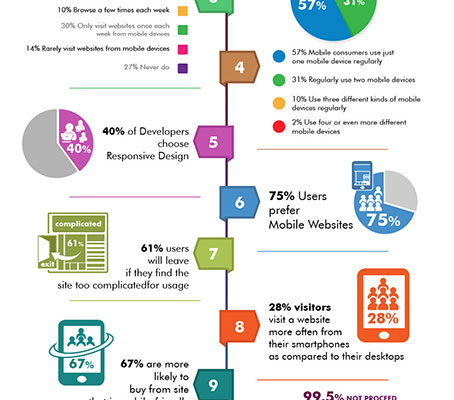Tips For Improving Web Site Speed And Performance Via Webhosting
Tips For Improving Web Site Speed And Performance Via Webhosting
Blog Article
Uploaded By-Levy Rye
They state 'time is cash,' and in the world of website hosting, this couldn't be more true.
When it comes to your site's rate and efficiency, every second counts. Sluggish loading times can frustrate individuals and drive them away, leading to lost opportunities and possible profits.
Yet worry not, there are ways to enhance your website's rate and performance via host. In this discussion, we will check out some important pointers and techniques that will certainly help you optimize your website's efficiency and maintain your site visitors involved.
So, buckle up and prepare to unlock the keys of a lightning-fast site!
Choosing the Right Webhosting Company
When it comes to enhancing your website speed and performance, choosing the right webhosting copyright is vital. A great host supplier can dramatically impact the packing speed, uptime, and overall performance of your web site.
To ensure you make the ideal selection, consider aspects such as web server area, server resources, and consumer assistance. Go with a company that has servers situated close to your target market to lower latency and improve packing times.
In addition, check the server sources offered, such as RAM, CPU, and storage, to guarantee they meet your website's demands.
Lastly, trustworthy and responsive client support is important for dealing with any technological concerns quickly.
Optimizing Website Caching and Compression
To enhance website caching and compression, consider executing effective techniques to enhance loading times and reduce documents sizes. Here are three methods to achieve this:
- ** Utilize web browser caching **: Set the expiry header for fixed documents to urge browsers to cache them. In this manner, visitors don't need to download and install the very same files consistently, causing faster page tons.
- ** Allow Gzip compression **: Pressing your site's files lowers their dimension, allowing them to be transferred more quickly to site visitors' web browsers. Enable Gzip compression on your web server to attain this, successfully reducing load times.
- ** Make use of CDN services **: Content Shipment Networks (CDNs) keep your web site's fixed files on numerous web servers worldwide. By using a CDN, site visitors can access these data from the server local to them, reducing latency and boosting loading speeds.
Reducing Server Response Time
Take into consideration applying methods to lessen web server action time in order to enhance web site rate and performance.
Web server response time describes the amount of time it considers a web server to respond to a demand from a customer's internet browser. A slow-moving server reaction time can substantially impact the general rate and performance of your site, bring about an inadequate customer experience and potential loss of site visitors.
To lessen ada compliance 2.0 , you can start by maximizing your web site's code and database questions to guarantee they're effective and structured. Furthermore, choosing a reliable and high-performance web hosting company can make a significant difference in decreasing server response time.
Finally, executing caching and material shipment networks (CDNs) can help distribute the load and improve response times for customers located in various areas.
Conclusion
Generally, by choosing a reputable webhosting service provider, enhancing caching and compression, and lessening server feedback time, you can improve your website's speed and efficiency.
Think of website content design as a well-oiled machine, with each element working effortlessly with each other to supply a smooth and efficient individual experience.
So, don't ignore the relevance of web hosting when it concerns improving your site's performance-- it's the engine that maintains things running smoothly.
